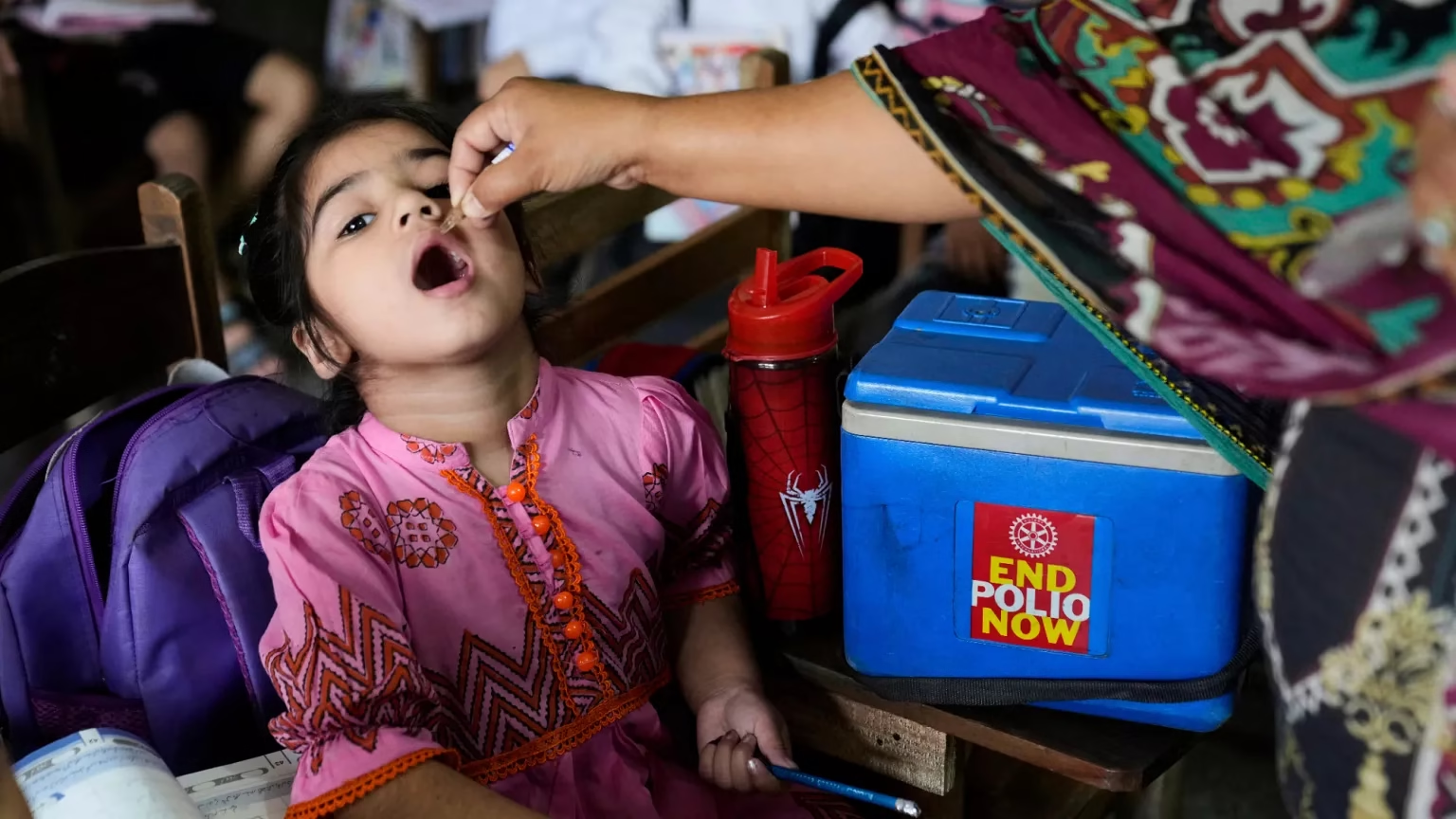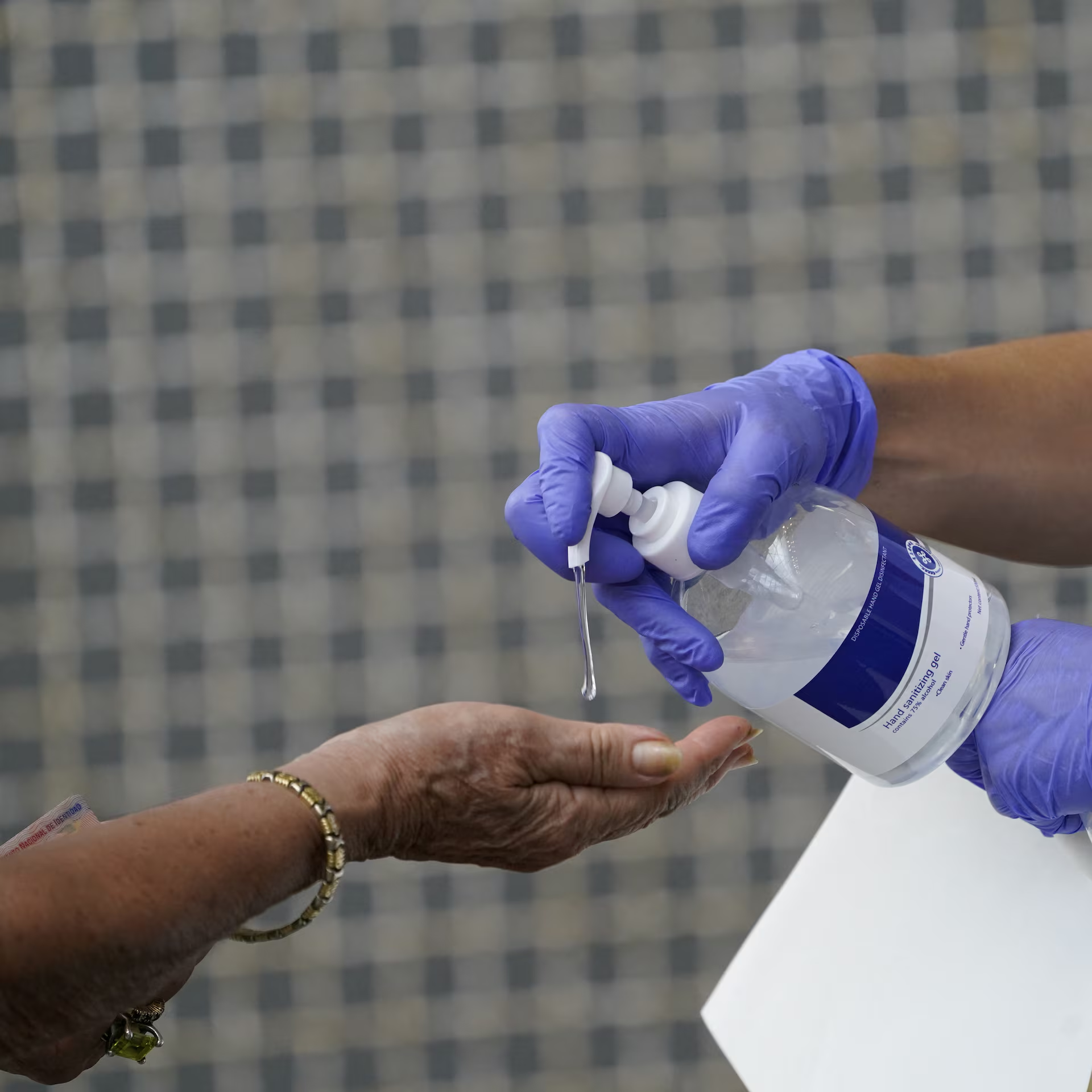An analysis of over 70 studies conducted between 2017 and 2022 reveals that the quality of healthcare for minority children in the United States remains consistently inferior to that of white children, even after accounting for insurance coverage. The disparities were evident across various medical specialties, encompassing newborn care, emergency medicine, primary care, surgery, hospital care, endocrinology, mental health care, care for developmental disabilities, and palliative care.
Despite adjustments for health insurance type, family socioeconomic status, and other health conditions, the research underscores the pervasive nature of these disparities. Dr. Monique Jindal of the University of Illinois Chicago School of Medicine, a co-author of the study, emphasized the need for comprehensive changes in research, clinical practice, and policy to address and rectify these racial and ethnic discrepancies in healthcare.
The Lancet Child and Adolescent Health journal published the findings on Wednesday, highlighting pain management as an area with pronounced disparities. Minority children were less likely to receive painkillers in emergency departments for conditions such as a broken limb, appendicitis, or migraine.
The analysis also revealed that among children with diabetes, those from minority groups were less likely to be treated with an insulin pump and to undergo continuous glucose monitoring, even when insurance status was taken into account. Other notable disparities included fewer x-rays for asthma, increased likelihood of preventable and high-severity adverse events during hospitalization, and a reduced likelihood of having developmental disabilities diagnosed before preschool or kindergarten.
The study attributes these healthcare inequalities to structural racism, citing the intertwined impacts of housing, employment, health insurance, the criminal justice system, and immigration as contributing factors. The researchers stress the urgency of addressing these systemic issues to ensure equitable healthcare for all children in the United States.



